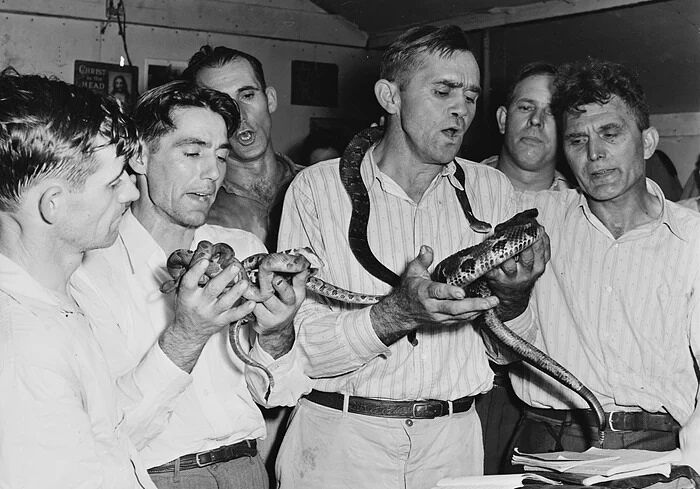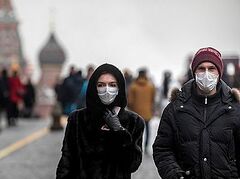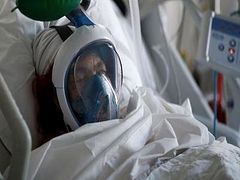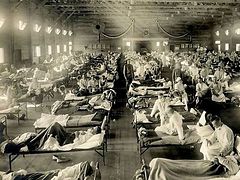Every religion has odd things on its fringes, things that make most of its adherents cringe and wince, and which they are not eager to share with outsiders. These things are not so much dirty little secrets as examples of pathology, unwell people who express their psychological illness in religious terms. Every religion is keen to put its best foot forward and to present itself to the world in a way which will inspire credibility and confidence, and so these unwell people are never mentioned in public if it can be avoided. In Christianity snake handlers are one example of the dodgy things on our fringes which we prefer not to highlight.
Happily snake handlers represent a tiny fraction of the Christian population, and so do not often intrude into the public face of Christianity. It seems as if snake handling entered into the Christian world in the early twentieth century through the fundamentalist Protestant churches of the American Appalachians. Scholars often credit (if that is the correct word) Mr. George Hensley (1880-1955) as the father of American snake-handling, introducing it into the Pentecostal Church of God Holiness sect in Birchwood, Tennessee around 1910.
The inspiration for the practice seems to have been our Lord’s words in Mark 16:17-18 that those who believe in Him would speak in new tongues, and pick up serpents. This passage, which is not original to Mark’s Gospel, but represents an early addition, refers to the Church’s experience in the Acts of the Apostles. The speaking in tongues is of course a reference to the glossolalia mentioned in Luke’s account of the day of Pentecost and in other passages in Acts (Acts 2:1-4, 19:1-6). The bit about serpents refers to St. Paul’s experience of being bit by a viper after his shipwreck on the island of Malta and suffering no harm from the bite (Acts 28:1-6).
This last event was clearly exceptional; Paul was not deliberately handling the serpent, but was bit by chance as he was gathering wood for a fire. Mr. Hensley normatized this single event and made it into a sine qua non for believers, a test and demonstration of saving faith. Mr. Hensley felt that if one had true faith, one could handle venomous serpents with impunity and not suffer harm. He died following a snakebite received during one of his services in Altha, Florida in July 1955. The number of snake-handlers in the Protestant world is (thankfully) statistically infinitesimal. Those wishing to eavesdrop on this tiny segment of liturgical insanity may watch the 1967 film about it entitled, Holy Ghost People, available here.
The temptation afflicting the snake-handlers is, sadly, not confined to the American Appalachians. It appears that the desire to presume on divine protection is a perennial one among religious people of all kinds: one hears of Muslims licking their holy sites in Iran during the Covid pandemic, trusting that Allah would protect them. And, closer to home, one hears of Orthodox Christians proclaiming that no one could become sick in church, since God’s divine energies there would shield them from the germs of the Covid virus since they were in a holy place.
What are the roots and motivations behind this kind of fundamentalism? Any question regarding motivation is bound to have multi-faceted and perhaps elusive answers. But it seems clear that at least one force driving such motivation is fear. The world is a big and often scary place, a place where tragedy, heartbreak, and perplexity abound and where the comfort of security and certainty is hard to find. The fundamentalist therefore takes refuge in imagined certainties and imagined securities. This gives him a sense of control, and a feeling that although others may be at the mercy of tragic and capricious fate, he is not. He enjoys an immunity to the forces afflicting other men, for he has access to special knowledge and power. The Holy Ghost People of the Appalachians handle snakes because this reinforces their sense of power, security, and immunity.
The price tag for such superstitious fanaticism is high, especially during a pandemic. Compared with the 100 or so people who died from snakebite during the church services of the snake-handling sects, many more people have died around the world from the Covid virus that they contracted while at worship services. Clearly God’s divine energies do not protect the faithful from germs if the germs are present in church.
What is at stake theologically is the contrast between faith and presumption, and between sacraments and magic. Too many people view their faith in God as a kind of magic which will somehow override scientific realities and save the person exercising such faith from harm. I remember a similar kind of pseudo-faith operating in charismatic circles of my youth, which encouraged the faithful to claim their healing, dispense with medical advice and medicine, and ignore escalating symptoms as a test sent from God or as the work of the devil. Some discovered such faith was misplaced, and they died as a result. On a more Biblical note, one remembers the suggestion of the Enemy that Christ fling Himself down from the pinnacle of the Temple, trusting that God would overrule scientific laws such as gravity and that angels would save Him from the consequences of such presumption. As one can read in the Gospels, Christ declined, saying that such a suggestion was impious and sinful, and that it amounted to tempting God.
Prideful presumption is what is involved in all such acts, whether the act involves trusting that God will nullify the power of germs in church, or that He will grant immunity to snake venom, or that He will overcome the force of gravity. Experience has shown that God will do none of these things, but rather that He expects His children to live wisely in the world He has made and not presume on His grace. The present Covid crisis will, God willing, pass away soon enough. The temptation to presumption, however, remains, and should be resisted whenever it raises its hoary head. We Orthodox rightly have contempt for the snake handlers, with their substitution of presumption for faith. We must not follow their lead now.





